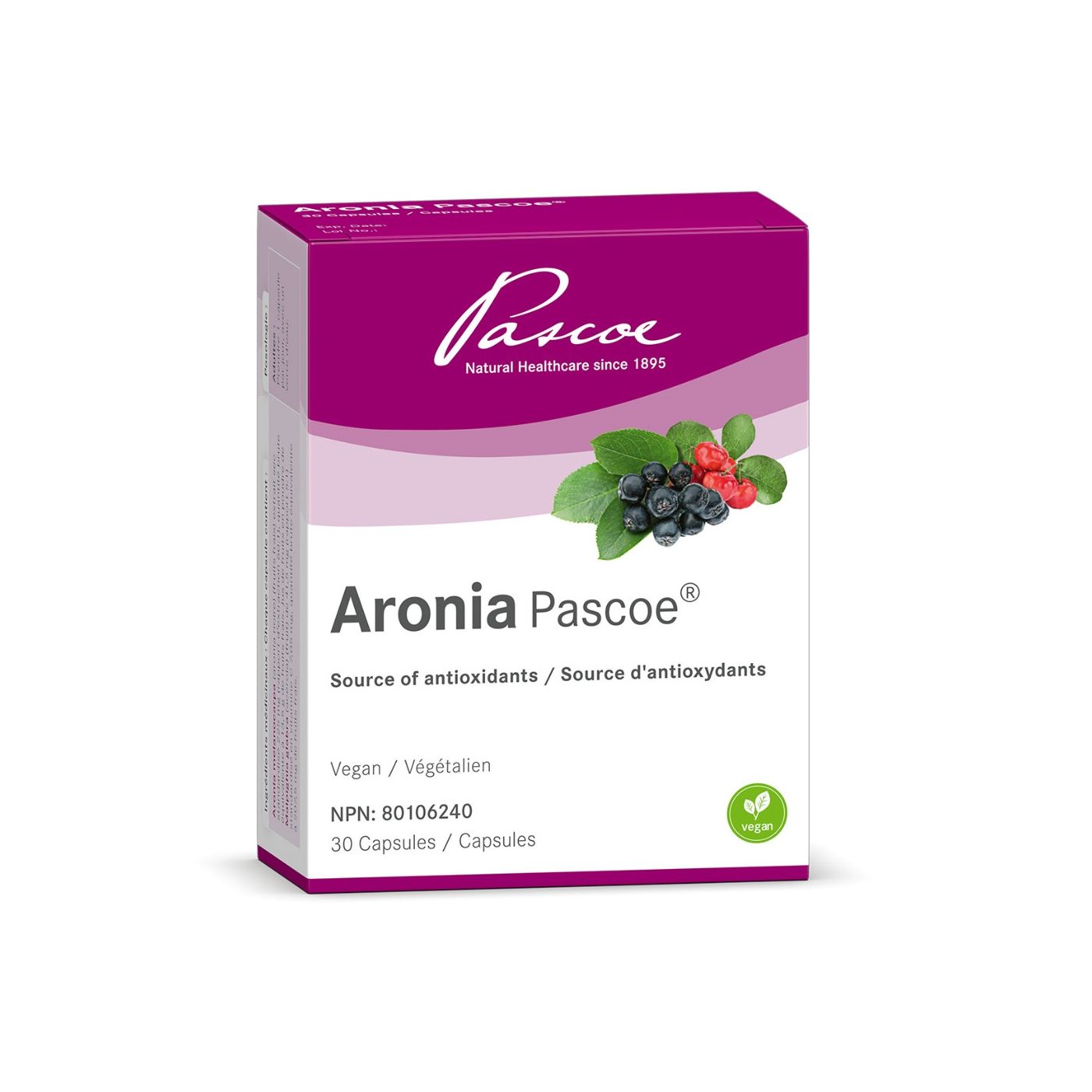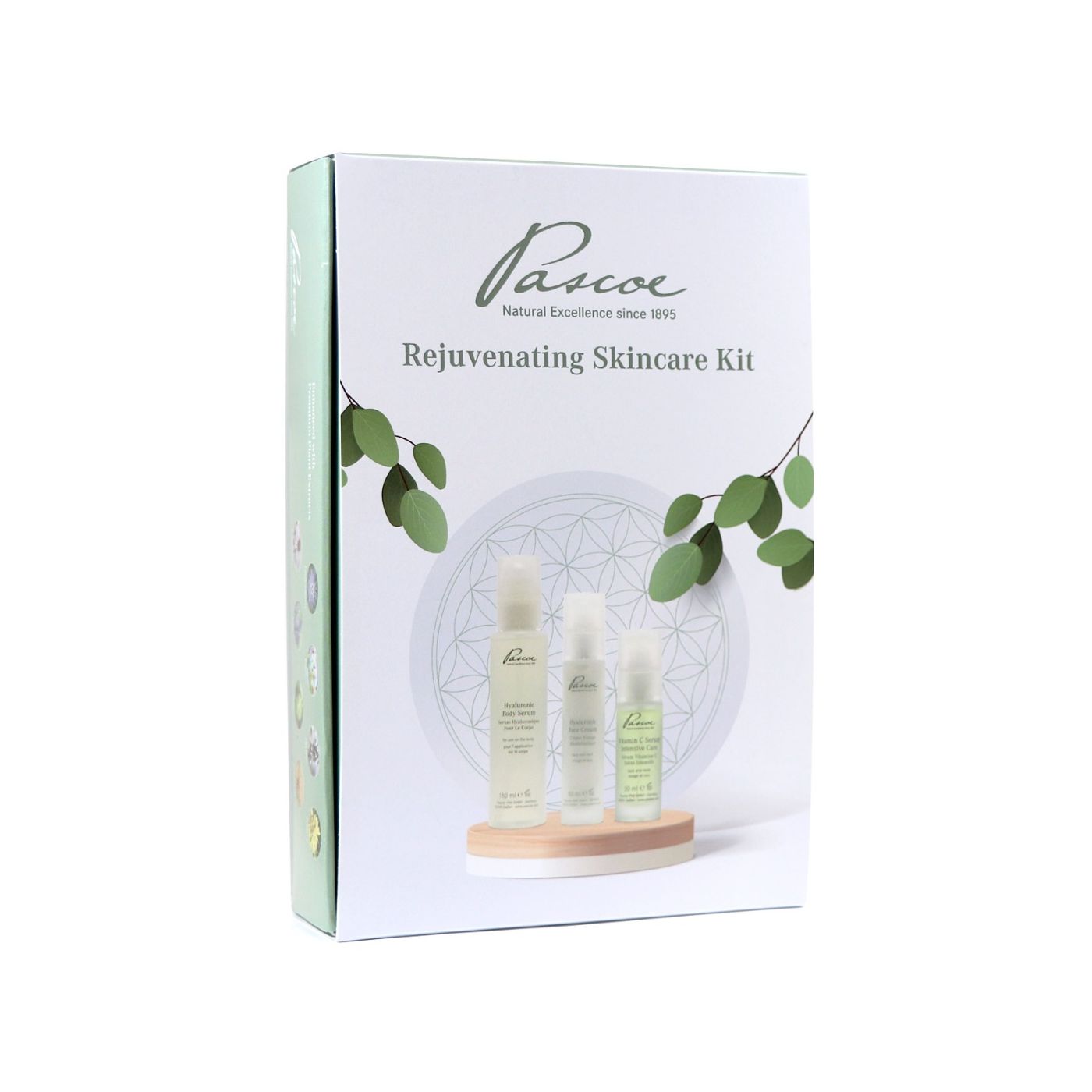How to Protect the Collagen in Your Skin
Collagen is the “glue” or structural protein that holds the human body together.
What is it?
It maintains the integrity of hair, skin, nails, muscles, cartilage, tendons, ligaments, blood vessels, organs, bones, and connective and fibrous tissues.
Collagen is the most abundant protein in the body and is made up of 18 different amino acids. Amino acids are the “building blocks” of protein.
It supports our body in many ways. It cushions and protects our joints and reduces symptoms of arthritis.
It builds and repairs muscle, supports vascular functioning, and maintains the body’s largest organ and protective
layer, the skin. Collagen is also a key component of immune health and is vital to proper wound
healing.
Collagen production naturally declines with age. It is important to get into the habit of supporting
yourself through proper nutrition and regular exercise.


How many types exist in the human body?
There are 27 different types of collagen in the human body, but 3 main types.
Type 1 supports hair, skin, joints and gut lining specifically. As we age and type 1 diminishes, it means elasticity and moisture retention declines. This means dry and damaged hair and skin, as well as creaky and arthritic joints. Loss of adequate articular cartilage and reduced lubrication of joints can mean increased stiffness and pain, making us less mobile.
Gut health is imperative to our overall health. The intestinal lining is made up of millions upon millions of proteins. These proteins continually interact with substances that can inflame or damage it, if we’re not taking proper care of it. Supplement with amino acids, from protein-rich foods. This provides us with the building blocks to protect and repair vital intestinal tissues.
Environmental factors, such as sun and pollution, threaten our skin on a daily basis and cause signs of premature ageing. By supplementing with collagen peptides and other supplementary nutrients, we protect against environmental factors and support overall cellular regeneration.
Type 2 nourishes and protects the integrity of our connective tissues, ligaments and cartilage. We need this “cushioning” so that we can maintain an active lifestyle well into old age. Supporting type 2 production can also help reduce joint pain, like that associated with arthritis.
Cardiovascular health also benefits from type 2. Cardiac extracellular matrix requires collagen to maintain the integrity and function of the myocardium. When collagen production begins to wane with age, it can be detrimental to our cardiovascular health.
Type 3 is predominantly used for muscle growth and strength, which also contributes to overall weight management. It also helps us maintain healthy organ function!
With exercise and collagen, things work cyclically. Collagen is required to support an active lifestyle, while also being depleted overtime through physical activity. It is important then that as endogenous production declines, we adequately increase our support and supplementation. That way we can remain physically active and support natural collagen production through physical exercise!
Muscle wasting naturally occurs as we age. By supporting type 3 specifically, we ensure that we can continue to build and maintain muscle mass. Muscle is a key player in steady caloric burn, healthy organ function, and weight management.
Type 3 plays a key role in weight management because it factors into the production of our satiety hormone, leptin. Leptin works with our hunger hormone, ghrelin. Correct ratios of these hormones are helpful for maintaining within our body’s natural weight range.
What causes it to decline with age?
Collagen naturally declines with age. As we get older, we have a harder time absorbing and synthesizing
nutrients vital to endogenous collagen production.
If our diet suffers to begin with, we will have an even
harder time maintaining natural collagen production. If you live a very active lifestyle, collagen will also
degenerate faster. This gradual loss can mean degeneration of connective tissues, muscles and skin as we get older.
It can exacerbate joint pain, make us feel weaker, less mobile, and increase potential for injury.
Chemical
exposures, pollution, and chronic stress also contribute. It is important to maintain a healthy diet, moderate
exercise, and vitamin and mineral support to age with
strength and energy.
How can we prevent loss?
Collagen impacts a lot of the human body. By supporting collagen production with antioxidant consumption, a
vitamin-rich diet, and key supplementation, we contribute to our overall well being.
Appearance also, of
course, benefits. Younger, smoother skin, healthier nails and reduced cellulite are only a few of the many health
benefits.
1. Eat antioxidant foods.
Antioxidant benefits include prevention of free radical damage and supporting collagen production. Free
radicals cause cellular degeneration. By eating lots of foods high in antioxidants, we can reduce the signs of
premature ageing and slow natural degeneration.
Collagen synthesis requires antioxidants. Acerola cherries (or black chockeberries),
dark leafy greens, red cabbage, as well as red wine and dark chocolate (in moderate amounts), all contain high
amounts of antioxidants.
One way you can spot antioxidants is through colour! Red bell pepper, for example,
contains a high dose of vitamin A, and more specifically, beta carotene. Carotenoids like beta carotene make foods
antioxidant-rich and give them their vibrant colour.
A potent antioxidant supplement is also a great option for working preventatively. This kind of support will not only help maintain collagen, but also support healthy immune function and quick wound healing. Antioxidants and the immune system go hand-in-hand!
2. Supplement with Vitamin C
Vitamin C deficiency can be an issue when it comes to collagen synthesis! Vitamin C is a powerful antioxidant that can be applied internally and externally. It is a water soluble vitamin. Meaning we can take a lot and will only retain correct levels of vitamin C. The rest is excreted.
Vitamin C is incredibly nourishing! Supplementation encourages natural collagen production and supports cellular regeneration. It keeps our skin healthy, hydrated and youthful looking.
Applying vitamin C topically protects against signs of oxidative stress and addresses dark spots, wrinkles and fine lines. Look for a vitamin cantioxidant renewal cream that works best for your skin!
Always compliment any external treatment with an internal one also. Fill your diet with vitamin C rich foods like parsley, broccoli, brussel sprouts, lemons and, of course, oranges!
3. Find potent food and supplement sources.
There are many benefits of collagen supplementation. Supporting your diet with bovine or marine collagen helps our endogenous production of collagen most directly. It contains all the amino acids in correct forms and ratios required for endogenous collagen formation.
Peptides are best taken in powder forms from grass fed, pasture raised bovine sources or, for vegetarians, sourced from marine algae. Find the best collagen supplement for you!
Protein-rich foods contain the amino acid building blocks that we require for collagen formation. And then, of course, we’ve all heard of the benefits of bone broth. It is a great, highly-absorbable food source of amino acids!
Supporting for Skin Health
Supporting collagen production as we age is vital for strong bones, hair and nails, healthy joints and a
youthful appearance. Collagen benefits for the skin are plentiful!
We all want to look healthy and vibrant
into our older years. We can do this by eating antioxidant-rich foods, nourishing our skin with vitamin C based
serums, and maintaining an active lifestyle. A whole body approach is required, addressing both inside and out, to
ensure that we grow old gracefully!
Disclaimer
Pascoe Canada does not offer health or medical advice as we are not a healthcare practitioner. Please speak with your healthcare practitioner before beginning any program related to nutrition, diet, exercise, fitness, medical, and/or wellness. All content published by Pascoe Canada is developed through collaborating with licensed medical professionals and contributors. This includes text, graphics, images, and other material on the website, newsletter, and products (“Content”). This content is for informational purposes only and does not constitute medical advice. The content does not substitute professional medical advice, diagnosis, or treatment. Please always do your own research on whether this is for you along with your healthcare practitioner advice. Always consult your healthcare practitioner prior to using specific herbs because you might have underlying conditions that need professional care. The content is general in nature and is subject to change. It is not intended to cover all possible uses, directions, precautions, warnings, drug interactions, allergic reactions, or adverse effects.




